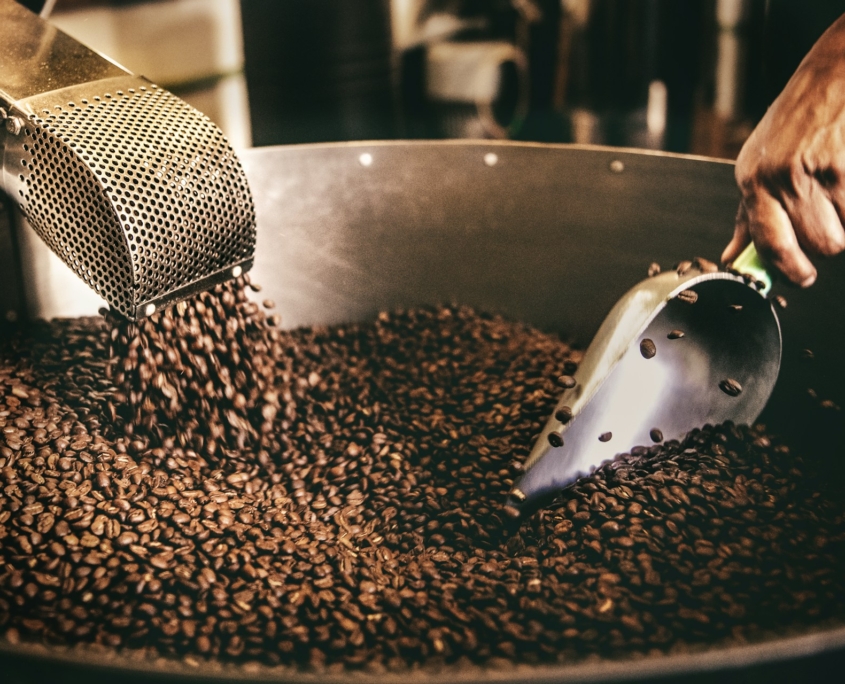 According to the World Bank, Honduras is among the poorest countries globally. With an estimated 4.3 million people living below the national poverty line in 2018, which represents about 48.3% of the population. Rural areas experience particularly high poverty rates due to their dependence on agriculture. The coffee trade is reducing poverty in Honduras. The World Bank also suggests that the COVID-19 pandemic has exacerbated poverty and inequality levels in Honduras, indicating a worsening situation for those dependent on the agriculture sector.
According to the World Bank, Honduras is among the poorest countries globally. With an estimated 4.3 million people living below the national poverty line in 2018, which represents about 48.3% of the population. Rural areas experience particularly high poverty rates due to their dependence on agriculture. The coffee trade is reducing poverty in Honduras. The World Bank also suggests that the COVID-19 pandemic has exacerbated poverty and inequality levels in Honduras, indicating a worsening situation for those dependent on the agriculture sector.
Coffee and Honduras
Honduras provides excellent conditions for producing high-quality coffee beans. Honduras is the largest Central American coffee producer and the sixth-largest coffee producer globally which is predominantly exported to the United States (U.S.) and Europe. The Honduran geography and climate make it the perfect location for growing these award-winning coffee beans due to its rich volcanic soil, large amounts of sun, rain and high altitudes.
This lucrative trade is appealing to the people of Honduras, but due to the often-unstable climate, it can be a risky business. Hurricane Mitch had a colossal impact on the coffee trade in Honduras. It resulted in Honduran production of coffee plummeting from £15 million in 1997, to £4 million in 1999. Coupled with the widespread poverty and inequality, leaving many without financial safety nets, these factors significantly heighten the hurdles coffee farmers must overcome.
Fairtrade Addressing the Issue
The Fairtrade cooperative COMSA dedicates itself to offering farmers technical and scientific advice to mitigate the effects of the changing climate and optimize farm productivity. However, COMSA’s contributions extend beyond agricultural guidance. It also delivers essential services such as children’s education and waste management and recycling for the local community. Freak weather events like droughts and landslides challenge many coffee farmers’ stability within the trade. Nonetheless, Fairtrade offers essential support and advice, positioning farmers to better mitigate these occurrences. Fairtrade’s support equips farmers with the tools to navigate and overcome these challenges, contributing to a more resilient coffee trade and reduced poverty in Honduras.
Impact of Promoting Sustainable Coffee Farming
The aid and advice given to farmers in Honduras must be sustainable due to the changing nature of the planet. The promotion of the protection of natural resources and the resilience to the challenges of the changing climate is pivotal to this. Organizations like Hondu Café have teamed up with the United States Agency for International Development (USAID). They promote sustainable coffee production, showcasing promising developments in the industry:
- 2000 households will be supported to access a fund of $3.03 million for credit through the project.
- 3600 households have increased resilience and capacity to adapt to climate change.
- 3600 farmers are engaged in soil and water conservation.
- 2400 farming households have been trained to have better access to financial services.
Looking Forward
The coffee trade in Honduras is at the forefront of promoting sustainable growth. It is proving pivotal in educating farmers and enhancing their production techniques. This initiative not only aids in poverty alleviation but also highlights the importance of understanding and supporting local industries to tackle global poverty challenges. Through targeted support and education, Honduras is carving a path toward economic resilience and environmental sustainability within the coffee sector.
– Cordelia Moore
Photo: Unsplash
The post Reducing Poverty: The Coffee Trade in Honduras appeared first on The Borgen Project.

